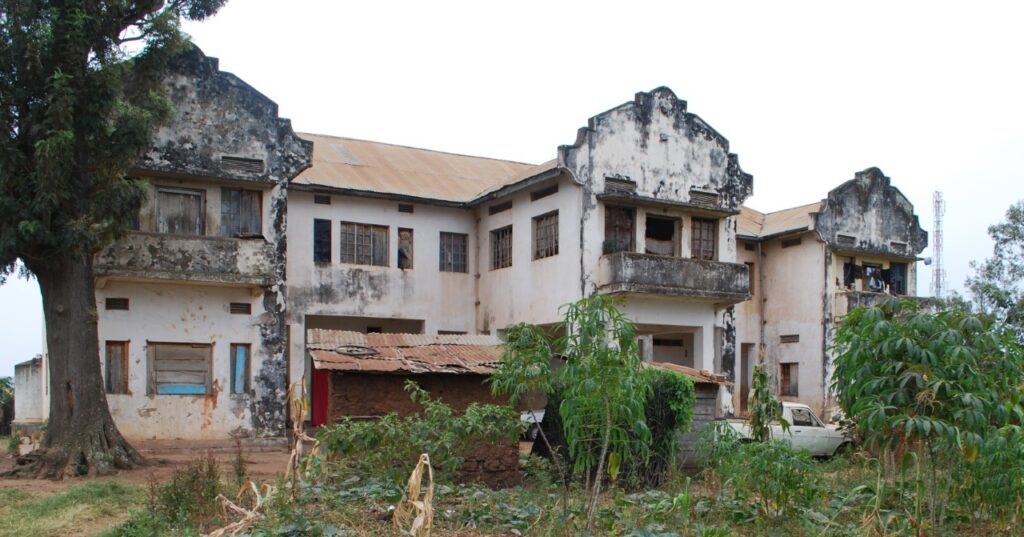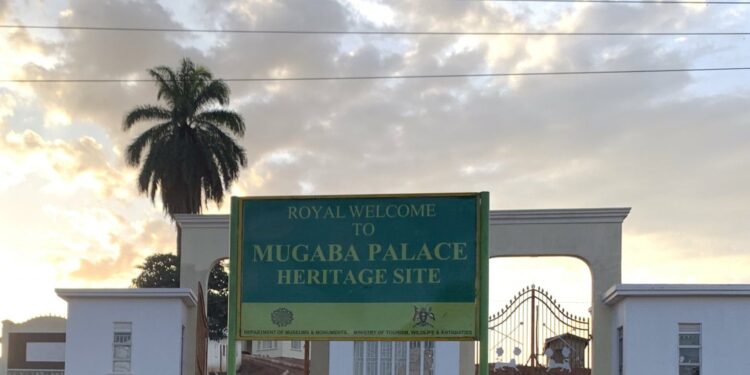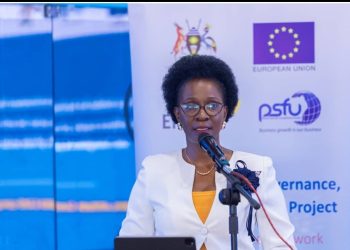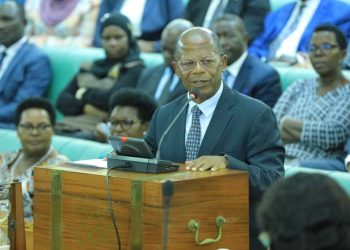Since 1986, when the current government came into power, it has embarked on the restoration of numerous kingdoms and cultural institutions across the country.
However, one notable exception has been the Ankole Kingdom. Many Ankole Kingdom enthusiasts have tirelessly appealed for its restoration, yet their efforts have been in vain.
In 1993, under the banner of the Nkore Cultural Trust (NCT), agitators for the kingdom initiated a clandestine campaign to install Prince John Barigye as the king of Ankole, a move staunchly opposed by the government.
The kingdom’s palace, known as Mugaba, suffered years of neglect and encroachment by squatters.
Hope for the restoration of Ankole Kingdom began to stir in 2018 when the government initiated the renovation of the palace.
Enthusiasts firmly believe that the theories used to block the kingdom’s revival lack merit.
William Katatumba, the prime minister (Enganzi) of Ankole and the chairperson of NCT, asserts that the kingdom’s restoration enjoys widespread support.
The primary challenge lies in the lack of facilitation for sensitization and mobilization efforts to rally support for the kingdom’s return.
Ankole, its proponents argue, is missing out on numerous opportunities that could have transformed the lives of its people through a restored kingdom.
In the past, the kingdom played a pivotal role in social and economic transformation, providing bursaries, supporting health, food security, and environmental conservation.
The absence of a cultural institution, they claim, has impacted the foundation of the family, contributing to issues like domestic violence and family breakdowns.

Efrance Bwesharire, a resident of Nyabushozi County, emphasizes the unfairness of restoring other kingdoms while Ankole remains excluded.
She suggests that the government should let the people decide whether they want the kingdom restored.
On the other hand, Protazio Agasirwe, a resident of Ntungamo District, considers the kingdom’s revival unnecessary and believes that the focus should be on development.
He points out that historical differences between the Bahima (cattle keepers) and Bairu (agriculturalists) have diminished, and the two groups now coexist harmoniously.
Apollo Mabati, a senior presidential adviser, indicates that politics has overshadowed the demand for Ankole Kingdom’s restoration.
Some view politicians, including the President, as their de facto leaders, leaving cultural matters in the background.
The restoration process, as Aaron Turahi, chairperson of Isingiro District, states, has faced opposition from politicians in the region.
Despite the potential benefits that come with a restored kingdom, the lack of support and funding have hindered the process.
Didas Tabaro, Mbarara District chairperson and a member of the Ankole kingdom youth, insists that they have not abandoned their demand for the kingdom’s restoration.
They are working on a transition plan to pass the mantle to the younger generation to continue pushing for Ankole Kingdom’s revival.
The challenge of restoring Ankole Kingdom has not been without its share of drama, as witnessed in 2017 when one Umar Asiimwe declared himself the king of Ankore.
His coronation ceremony was held against the authorities’ wishes, leading to his arrest and subsequent court orders to cease his activities.
































































